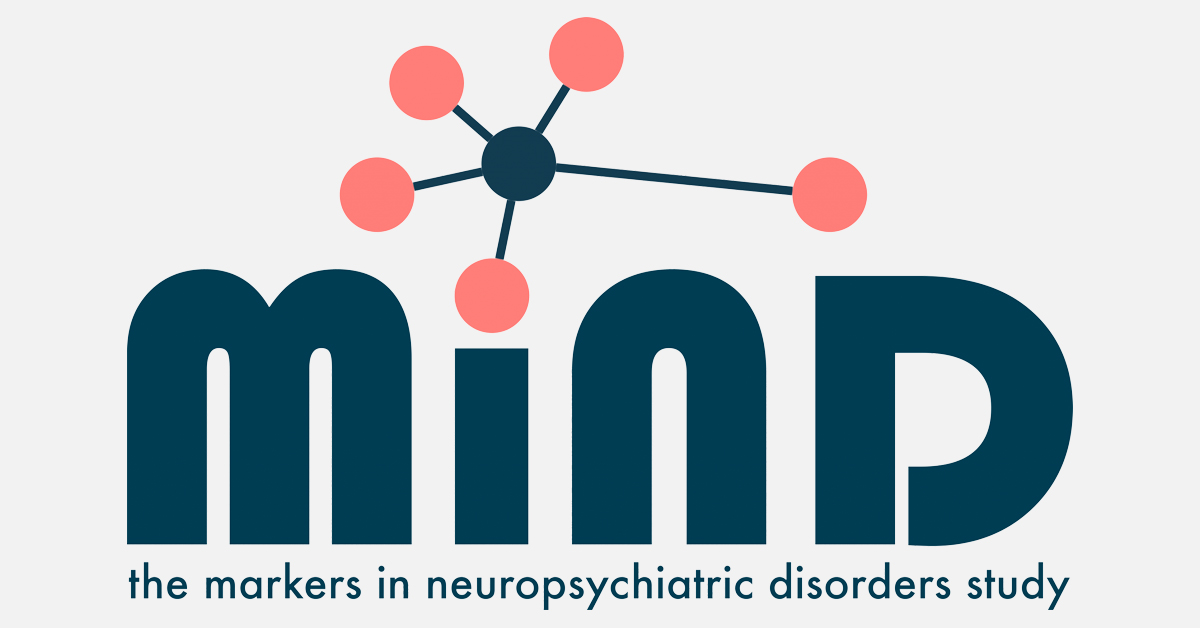
A simple routine blood test in general practice could be the answer to an earlier dementia diagnosis.
The Neuropsychiatry Team at the Royal Melbourne Hospital have proudly partnered with the Department of General Practice at the University of Melbourne, to recruit participants from general practice across Victoria, and soon-to-be interstate, for the Markers in Neuropsychiatric Disorders (MiND) Study.
The main objective of the Study is to lead to a routinely available screening blood test to help GPs and other specialists to reduce the delay to diagnosis of dementia and other neurological and neurodegenerative disorders; with the hope to improve outcomes for patients and their families, and clinical and healthcare systems more broadly.
There are currently an estimated 472,000 people living with all forms of dementia. Without a major medical breakthrough this figure is projected to increase to 1,076,000 people by 2058. An estimated 28,300 people living with younger onset dementia, with this figure projected to increase to 41,250 people by 2058.
Professor Dennis Velakoulis, MiND Study Lead and Director of Neuropsychiatry at the RMH, agrees that diagnosis can be challenging.
‘In many situations, the blood tests, the brain scans, even the memory testing, can be close to normal,’ he told the ABC.
‘There are many situations that GPs and [other] specialists face where it’s unclear if someone has a mental health or psychiatric disorder, like depression.
‘People with psychiatric illnesses, or people who are healthy, have normal levels of NfL, because there’s no brain cells dying. But in many neurological disorders, particularly in dementia, there are brain cells that are dying and releasing NfL … so when we see it elevated in the spinal fluid or blood, it indicates that there’s been some brain injury.’
Many patients go through a ‘diagnostic odyssey’, characterised by many years of multiple assessments, and repeated and costly investigations, misdiagnosis, uncertainty, stress and frustration, and needless to say, negative outcomes.
The early findings of the Study have shown that levels of a marker of neuronal injury called neurofilament light chain (NfL) are much higher in neurodegenerative disorders compared to primary psychiatric and non-neurodegenerative disorders, and distinguish neurodegenerative from primary psychiatric causes of cognitive, neurological and psychiatric/behavioural symptoms with very high (90+%) accuracy. This shows great promise in what could be a routine diagnostic screening blood test (akin to a ‘C-reactive protein’) to tell if something neurological is going on for people with cognitive, neurological and/or psychiatric symptoms.
Neuropsychiatrist and Principal Investigator, Dr Dhamidhu Eratne is optimistic that “one day in the future, this could even be a test that could be done periodically, similar to cardiovascular risk factor monitoring (e.g. lipid monitoring), as a way of predicting future risk and therefore intervening prior to the onset of clinical symptoms when interventions are more likely to be more effective, and preventing the development of illness/clinical symptoms”.
The Study Team are seeking help from GPs with referring eligible patients (we have very broad eligibility criteria) to help understand how this test performs in a primary care setting, the feasibility and how this could be implemented in primary care and other settings. Conscious of the GPs heavy workload, the requirements for participation have been kept as simple as possible, so the minimum requirement is completion of a brief 2-minute online referral form.
The 7:30 Report on the ABC recently ran a story about the MiND Study and younger onset dementia. The story features RMH Neuropsychiatry patients, their families and carers sharing their stories about their road to getting a diagnosis and what it means to finally get the diagnosis.
In case you missed it, links to the clip and the accompanying article.
If you would like to learn more about the Study as a potential Study participant, a GP/health professional (referring a patient to the Study) and/or as a research collaborator, please reach out to us via themindstudy.org We would love to hear from you!
Keep social with us on Twitter: @themindstudy
Disclaimer: This article was provided by The Royal Melbourne Hospital. While every effort has been made to ensure the information is accurate, North Western Melbourne Primary Health Network does not warrant or represent the accuracy, currency and completeness of any information or material included within.




